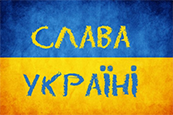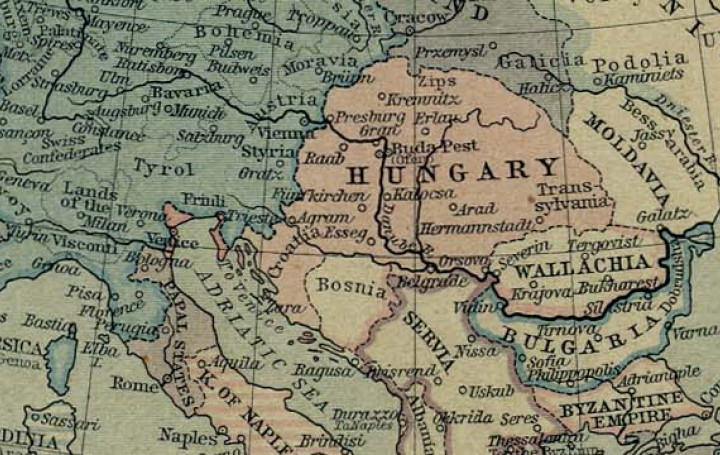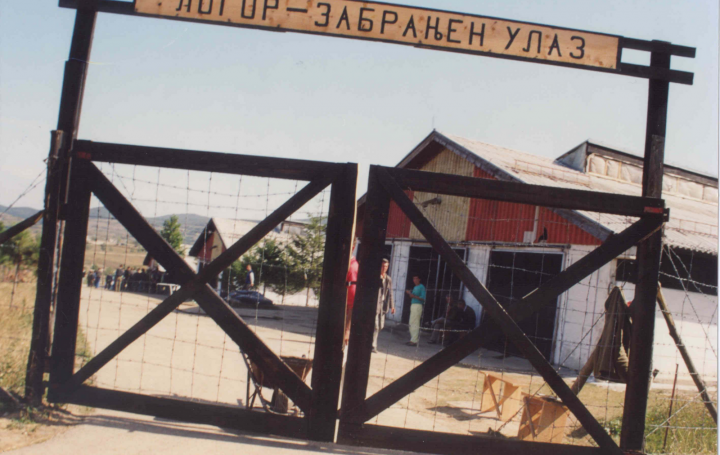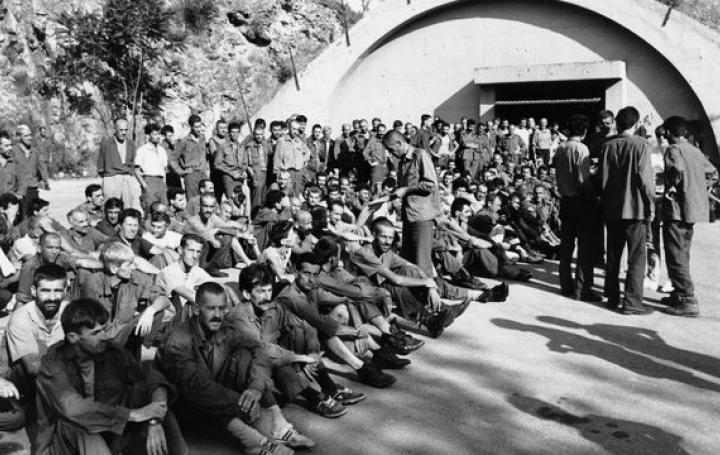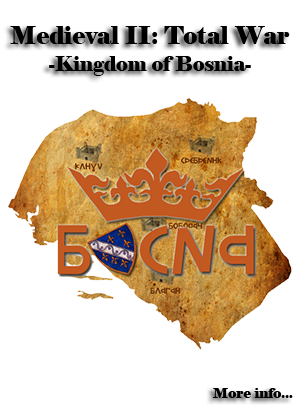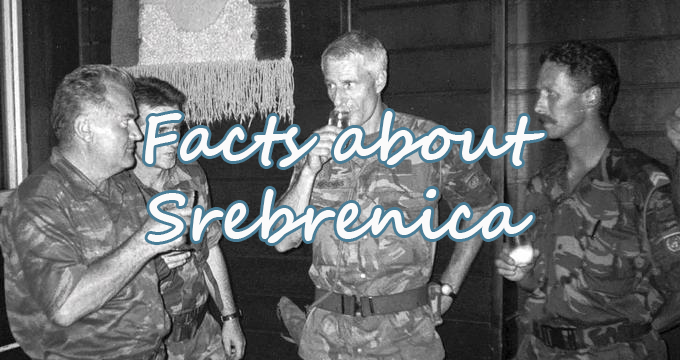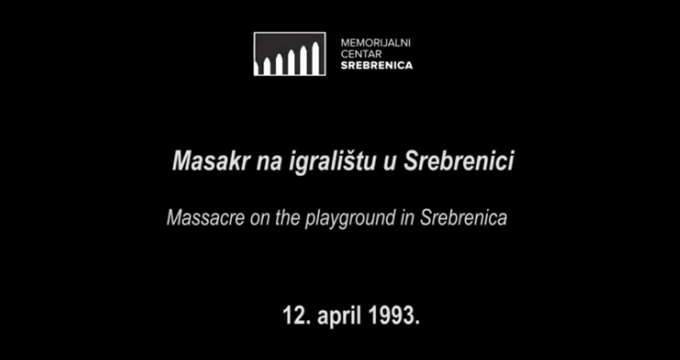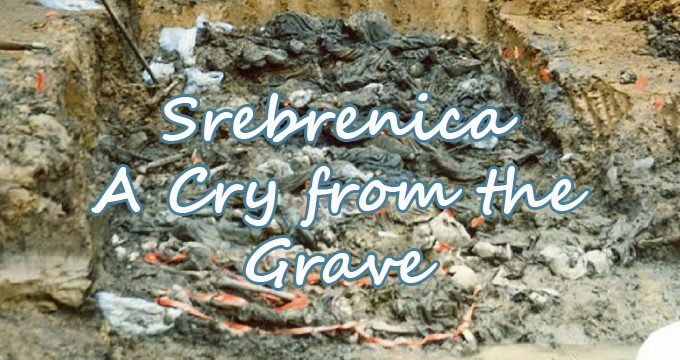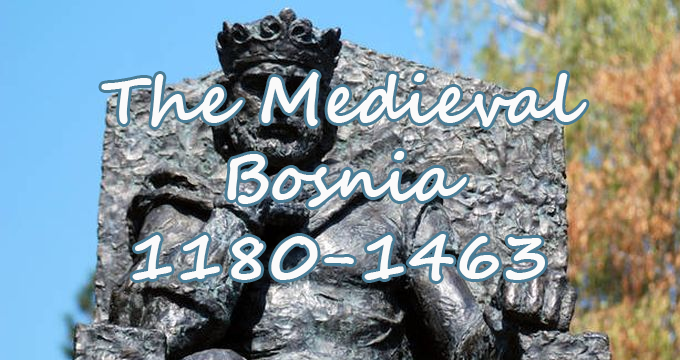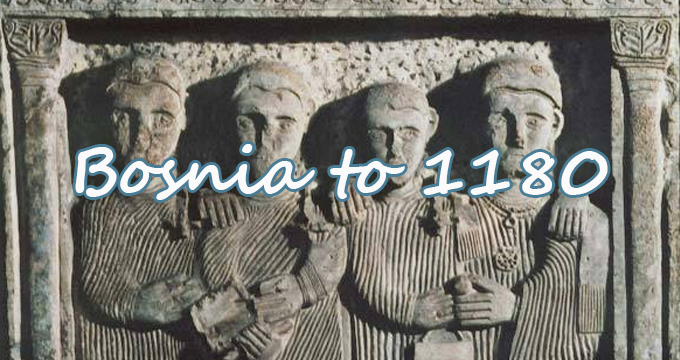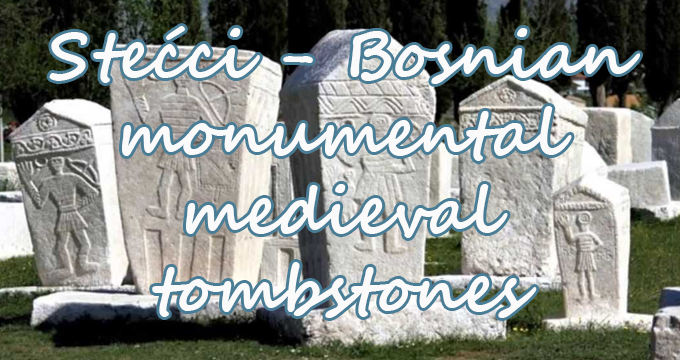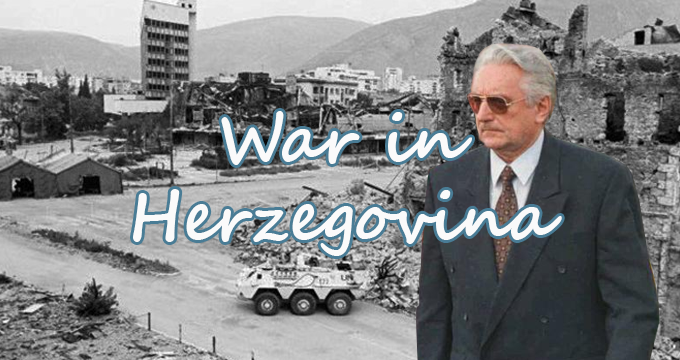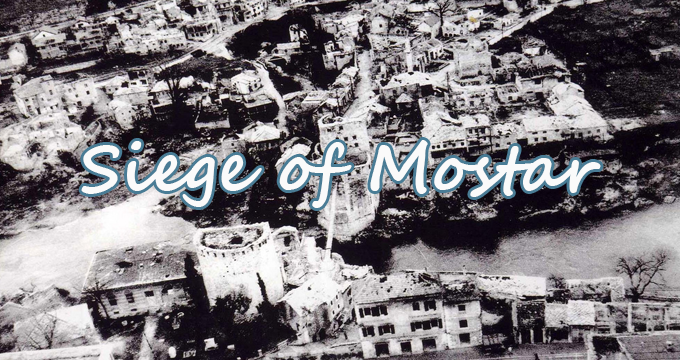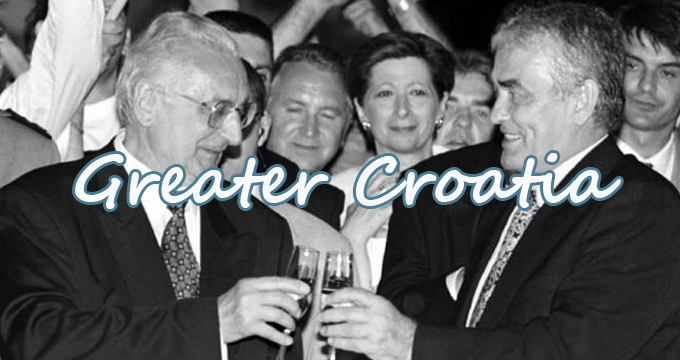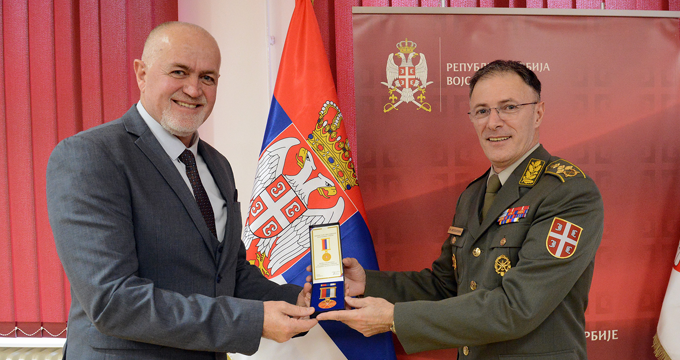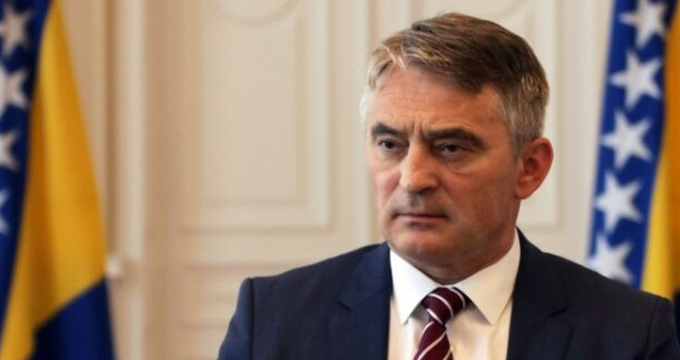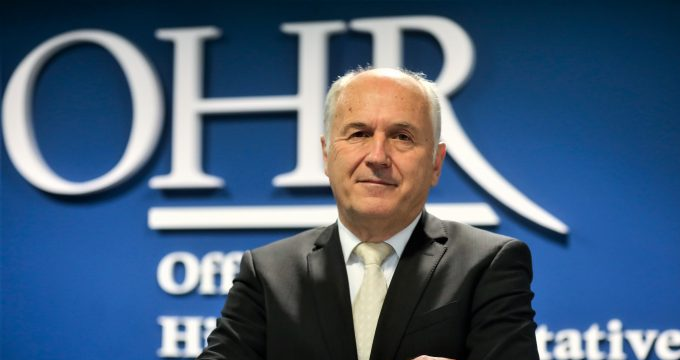The top international official in Bosnia on Friday banned denial of genocide in the Balkan country to counter attempts by Bosnia’s Serbs to deny the scope of the 1995 massacre in Srebrenica, Europe’s only post-World War II genocide. The International Court of Justice and the International Criminal Court for Former Yugoslavia declared the Bosnian Serb killings of more than 8,000 Bosniaks that took place in Srebrenica during the Bosnian War as genocide. But Bosnian Serb officials and neighboring Serbia have refused to accept the designation.
Valentin Inzko, the outgoing head of Bosnia’s Office of the High Representative, or OHR, imposed changes Friday to the country’s criminal code, introducing prison sentences of up to five years for genocide denial and for the glorification of war criminals, including naming of streets or public institutions after them.
“Hate speech, the glorification of war criminals and revisionism or outright denial of genocide and war crimes prevent societies from dealing with their collective past, constitute renewed humiliation of the victims and their loved ones, while also perpetuating injustice and undermining interethnic relationships,” Inzko, an Austrian diplomat, said in a statement. “All of this causes frustrations, makes the society chronically ill, and prevents the emergence of desperately needed reconciliation.”
As the top international body overseeing implementation of the peace agreement that ended Bosnia’s 1992-95 war, the OHR has the authority to impose decisions or dismiss officials who undermine the post-war ethnic balance and reconciliation efforts among the Bosniaks, who are mostly Muslim, Bosnia’s Serbs and Croats.
Inzko said he decided to use his powers after waiting for years for Bosnia’s politicians to act. He cited a refusal by the Bosnian Serb assembly to withdraw decorations awarded to three convicted war criminals.
“The situation has gotten worse and is now getting out of hand,” he said, warning that lack of acknowledgment was “sowing the seeds” for new conflicts. “Therefore, I believe that it is now necessary to regulate this matter with legal solutions.“
The genocide in Srebrenica happened after Bosnian Serbs took control over the eastern enclave in July 1995. They executed Bosniak men and boys and dumped their remains into mass graves which were later dug out and reburied to cover the crime. The victims’ remains are still being unearthed and identified.
Reference:
1. The Associated Press News (July 23, 2021): https://apnews.com/article/europe-government-and-politics-genocides-6821e5d3a71bf86db830fda1e81a6123

